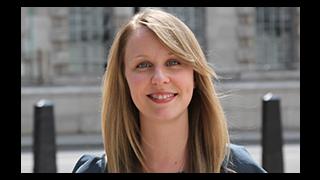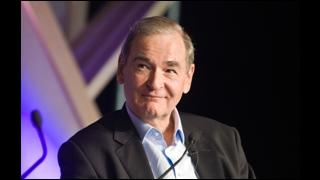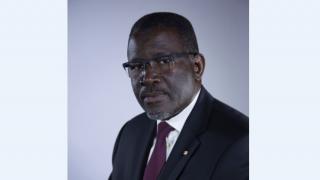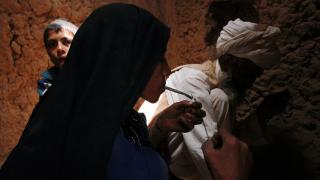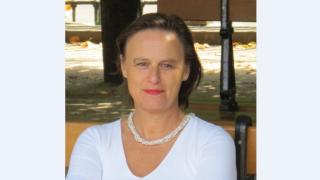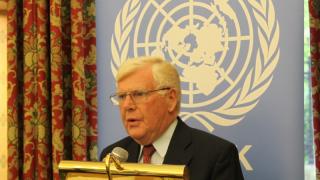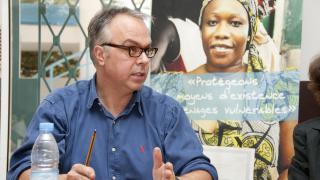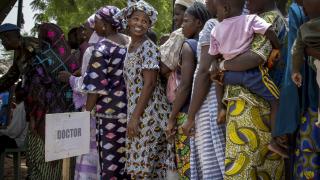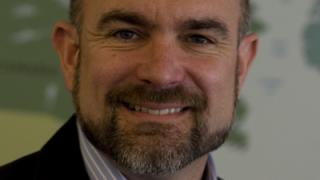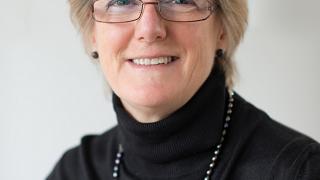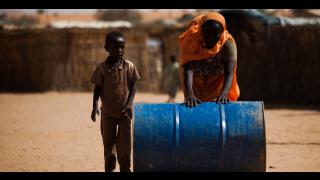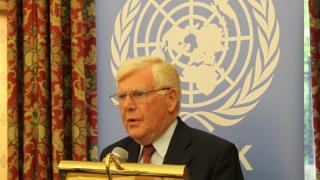
With all the criticisms aimed at the United Nations it is really great to be able to recount a real success story. Since the 1980s the UN’s World Health Organization (WHO) has been working tirelessly to eradicate polio, and in conjunction with UNICEF, the Centers for Disease Control and Prevention and Rotary International formed the Global Polio Eradication Initiative. The infection rate has been reduced by more than 99 per cent in that time and the final push to put polio into the same category as smallpox – completely eradicated – is now under way.
The Americas were certified polio free in 1994, Western Pacific in 2000 and Europe in 2002. It used to be said that it would never be possible to eradicate polio in India but in March this year India and the whole South East Asia Region was declared polio free by WHO.
The pockets of infection that still remain are mainly in Afghanistan, Nigeria, Pakistan and Syria. The difficulty in eradicating the disease in these places is largely political as certain factions, in particular the Taliban in Pakistan, have barred children from being immunised because they contend that the vaccination is in fact a sterilisation programme being carried out by the West. It can also be very dangerous. Recently, a number of people carrying out immunisation have been murdered.
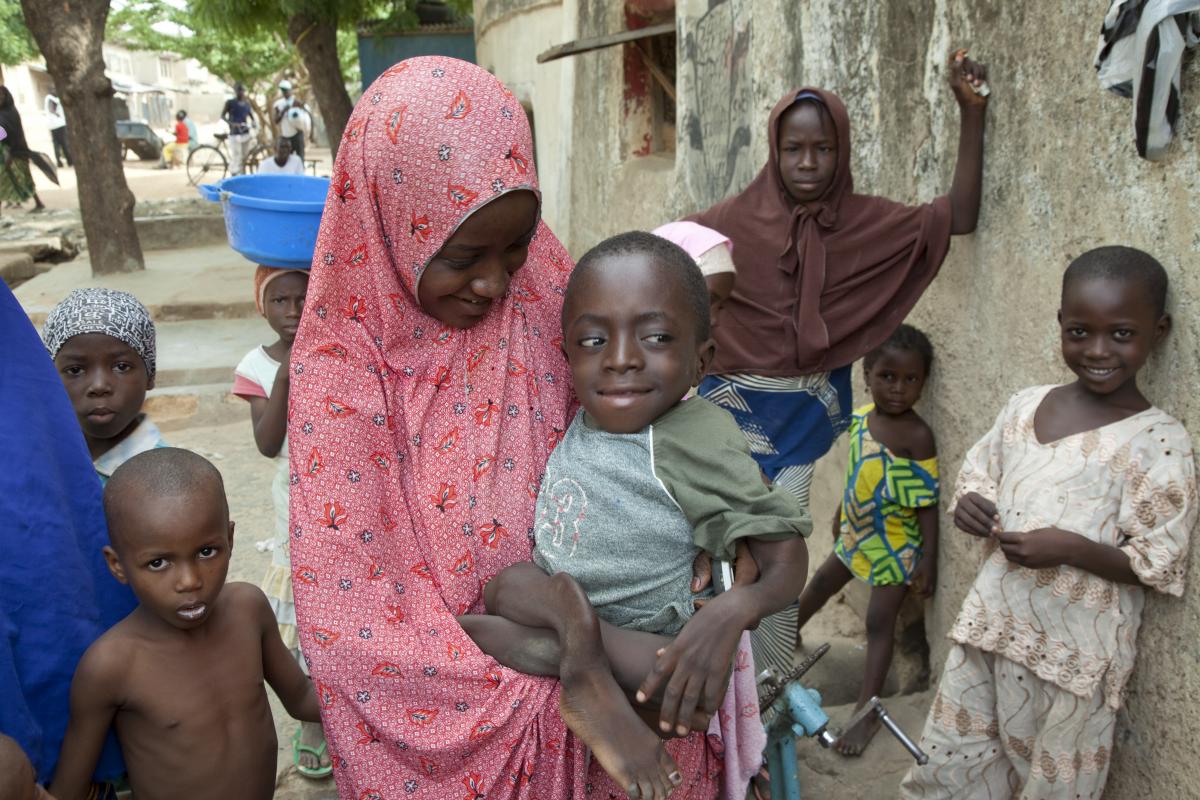 WHO has been responsible for the campaign for eradication and has provided the vaccine, the organisation and the majority of the funds to make it possible. This has not come cheap. Over $12bn has been spent on these efforts since 1988. Of this amount, Rotary International has contributed over $1.2bn.
WHO has been responsible for the campaign for eradication and has provided the vaccine, the organisation and the majority of the funds to make it possible. This has not come cheap. Over $12bn has been spent on these efforts since 1988. Of this amount, Rotary International has contributed over $1.2bn.
Rotary has also provided much of the manpower required on the ground to physically vaccinate the millions of children involved, which, in a country like India, is, of course, a huge operation. Teams of volunteers from all over the world have travelled to the countries concerned, at their own expense, to aid the programme. More recently, the Bill and Melinda Gates Foundation has donated some $315m to Rotary’s campaign and is now contributing $2 for every $1 put up by Rotary. This alone has closed the funding gap by one third and makes the final push a reality.
This partnership model is now being duplicated elsewhere, and gives an opportunity to demonstrate what can be achieved when the UN and civil society work together on a project.
With this funding now in place, and an amazing amount of energy and enthusiasm finally to eradicate the disease, this problem is one that the United Nations themselves should be more than capable of addressing.
Closer to home, UNA Chichester & District branch has worked alongside the Rotary Club of Havant, in cooperation with the local mayor, and held a speaker evening with Niall Fry, who worked with WHO in monitoring the results of the immunisation programme. A fascinating evening with over 100 people in attendance was informative and raised a total of £7,500, which when tripled by the Bill and Melinda Gates Foundation produced a fantastic £22,500 for the programme.
Rotary clubs in the UK are passionate about their involvement with the polio eradication initiative, providing a real opportunity for local UNAs to combine forces on a local basis and help publicise what is a remarkable story of cooperation.
Viv Williams is a UNA-UK Trustee and Chair of UNA Chichester & District
Photo: a twelve-year-old victim of polio is carried by his sister at their home in Kano, Nigeria – one of just four countries where polio still exists. © Bill & Melinda Gates Foundation.

